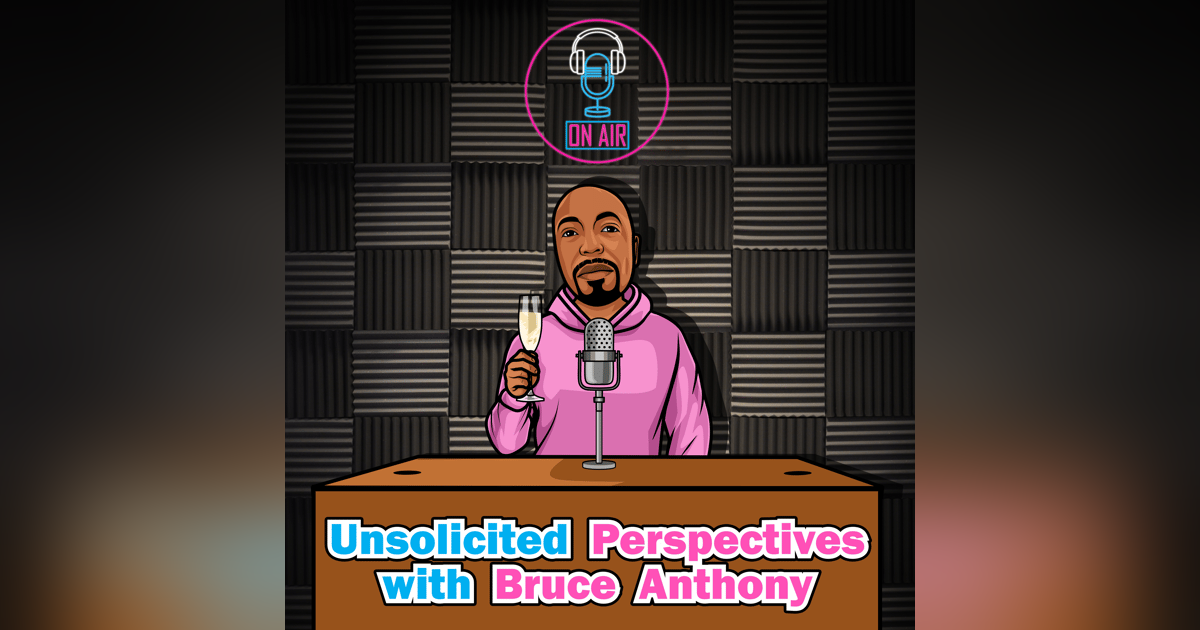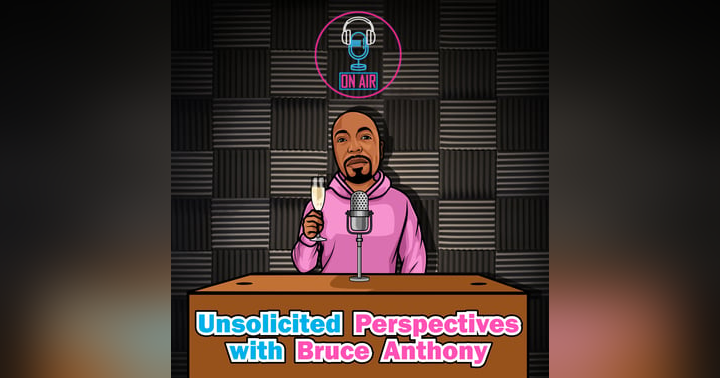Algorithms and Social Media: The Influence on People

Introduction
In today's digital age, social media has become an integral part of our lives. It has not only transformed the way we connect and communicate with others but has also had a significant impact on our beliefs, opinions, and behaviors. One of the key factors driving this influence is the algorithm that powers social media platforms. In this article, we will delve into the world of algorithms and social media, exploring their effects on individuals and society as a whole.
The Power of Algorithms
Algorithms are the driving force behind the content we see on social media platforms. They determine what appears on our feeds, what trends go viral, and ultimately shape our online experiences. Bruce Anthony, in his podcast episode, highlights the role of algorithms in shaping our social media consumption:
"The algorithm feeds you more of what you like. If you're into politics, it will pump political content into your feed. If you're into entertainment, it will flood your feed with celebrity news. The more you engage with certain types of content, the more the algorithm tailors your experience to match your preferences."
The Echo Chamber Effect
While algorithms aim to provide personalized content, they inadvertently create echo chambers. Bruce Anthony explains how this can lead to a lack of diversity in the information we consume:
"The algorithm only feeds you what you like, reinforcing your existing beliefs and opinions. It doesn't challenge you or expose you to different perspectives. As a result, you become fixated in your stance, unable to see the forest for the trees."
This echo chamber effect has contributed to the growing polarization in society. People are becoming more entrenched in their beliefs, unwilling to listen to opposing viewpoints or engage in meaningful dialogue. The algorithm's role in reinforcing these echo chambers cannot be underestimated.
The Rise of Bots
In addition to algorithms, social media platforms are also plagued by the presence of bots. These automated accounts are designed to spread misinformation, sow discord, and amplify existing divisions. Bruce Anthony sheds light on the impact of bots on social media:
"These bots are clever. They create venomous comments and engage in divisive behavior. They target individuals and spark conflicts in comment sections. Their sole purpose is to create tension and fuel hatred."
The presence of bots further exacerbates the echo chamber effect, as individuals are bombarded with hateful comments and misinformation. This not only affects the mental well-being of users but also contributes to the overall divisiveness in society.
The Need for Critical Thinking
In the face of algorithms and bots, it is crucial for individuals to exercise critical thinking and media literacy. Bruce Anthony emphasizes the importance of being discerning consumers of social media content:
"We need to be aware of how algorithms shape our online experiences and actively seek out diverse perspectives. We must question the information presented to us and fact-check before forming opinions. Critical thinking is essential in navigating the digital landscape."
By actively engaging with a variety of viewpoints and seeking out reliable sources of information, individuals can break free from the echo chamber and develop a more nuanced understanding of the world.
The Future Outlook
The influence of algorithms and bots on social media is unlikely to diminish in the near future. As technology continues to advance, it is crucial for platforms to prioritize ethical algorithm design and implement measures to combat the spread of misinformation. Additionally, individuals must take responsibility for their own media consumption habits and actively seek out diverse perspectives.
In conclusion, algorithms and social media have a profound impact on individuals and society. While they have the potential to connect people and foster meaningful conversations, they also contribute to polarization and the spread of misinformation. By being critical consumers of social media content and actively seeking out diverse perspectives, we can mitigate the negative effects and work towards a more informed and united society.
Disclaimer: The views and opinions expressed in this article are those of the author and do not necessarily reflect the official policy or position of any agency or organization.

















